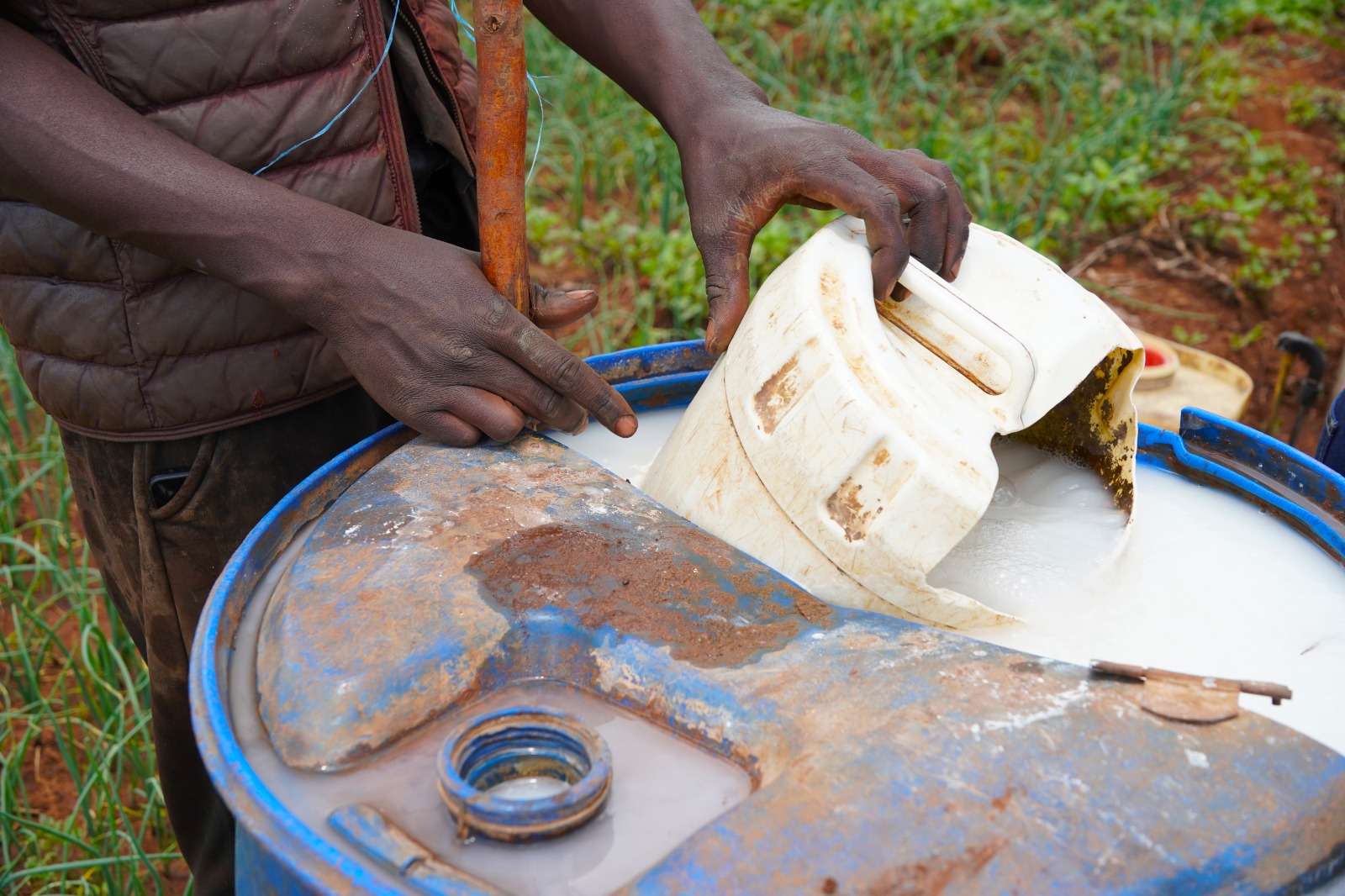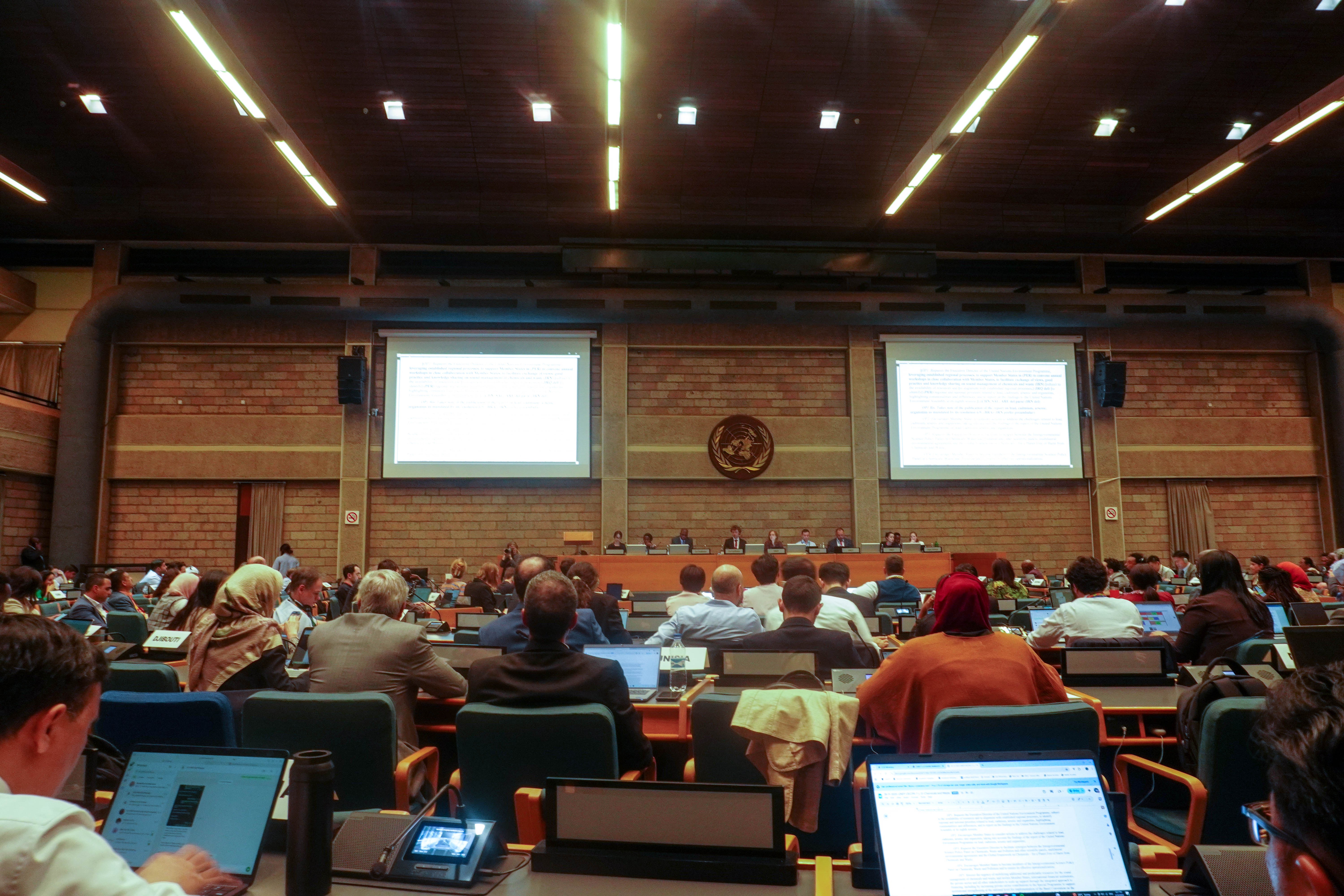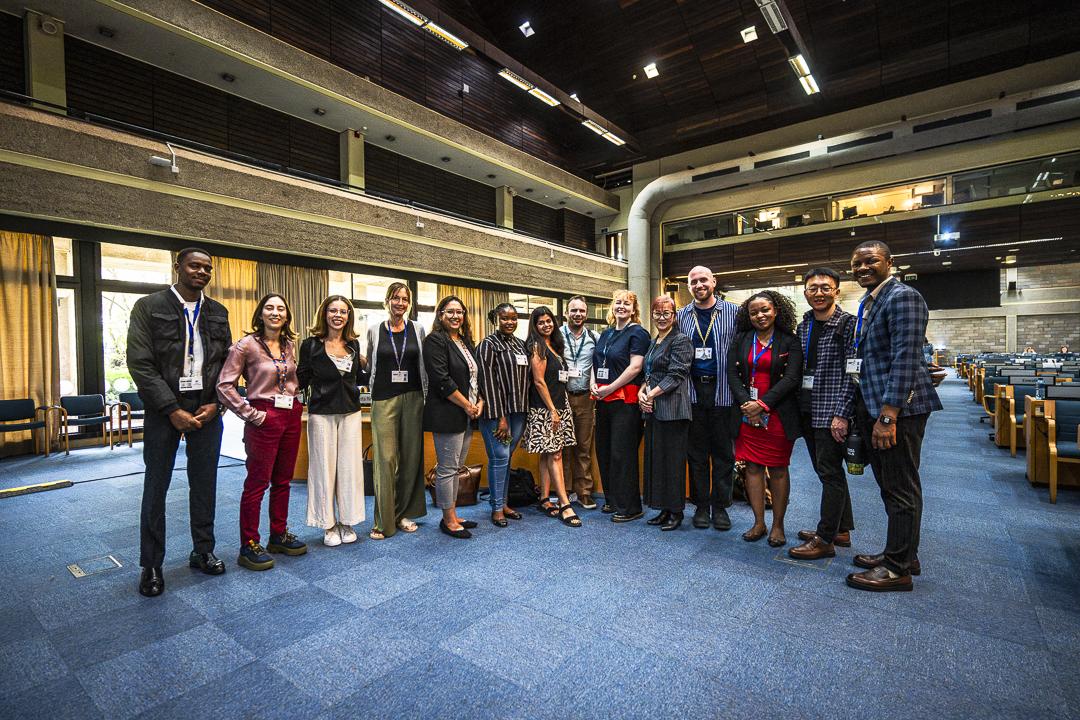Media desk
[email protected]
Contributions to CEJAD
[email protected]
General Inquiries
[email protected]


New Study Calls for Urgent Action to Protect Farming Communities and Public Health from Toxic Pesticide Exposure
Nairobi, 15th January, 2026 - A new study by the Centre for Environment Justice and Development (CEJAD) has revealed that Kenya’s agricultural sector is heavily dependent on pesticides, including Highly Hazardous Pesticides (HHPs), linked to serious health and environmental effects, exposing farmers, farm workers, their families, consumers, and the environment.

Recognising Zero Waste at UNEA-7 signals a future where prevention, reuse, and non-toxic circular systems replace disposal-driven approaches to waste management.
Related Program: Plastic and Waste ManagementThe United Nations Environment Assembly (UNEA-7), held in Nairobi from 8–12 December 2025, is an important moment for global environmental governance. UNEA-7 brought together leaders from governments, the scientific community, civil society, and international organisations to discuss collective responses to escalating environmental and climate challenges.
Related Program:
Zero Waste Systems are proving that with the right design, responsibility and community leadership, plastic pollution can be prevented before it even begins.
Related Program: Plastic and Waste Management
Advancing global implementation of the Kigali Amendment and accelerating the phase-down of hydrofluorocarbons (HFCs), addressing challenges related to emissions monitoring and sustainable refriger.ation practices
Related Program: Ozone and Climate Action Program
Thousands of Kenyans scroll through Amazon daily, lured by the promise of variety and convenience. But a new report has exposed a harsh reality: what we buy there isn’t necessarily safe, especially for those of us in developing countries.
Related Program: Mercury ProgramEvery year on September 16th, the world celebrates the International Day for the Preservation of the Ozone Layer, commemorating the signing of the Montreal Protocol in 1987, a treaty that has become one of humanity’s greatest environmental success stories
Related Program: Ozone and Climate Action Program
Every year, the world produces approximately 300 million tonnes of plastic waste, yet only about 9% of it is recycled. The rest ends up in landfills, natural environments, and oceans, where it breaks down into microplastics ,tiny particles that infiltrate our food chains, freshwater systems, and marine environments, posing serious threats to human health and ecosystems.
Related Program: Plastic and Waste Management
As the world prepares for the 2025 World Environment Day, themed “Ending Plastic Pollution”, the Centre for Environment Justice and Development (CEJAD), in collaboration with the Swedish International Centre for Local Democracy (ICLD), convened a unique three-day regional conference in Mombasa, Kenya.
Officially opened on May 26th by Eng. Dr. Festus Ngeno, Principal Secretary of the State Department for Environment and Climate Change, the conference explored the key intersection between plastic pollution governance and democratic institutions.
Related Program: Plastic and Waste Management
Mercury pollution from Artisanal and Small-scale Gold Mining (ASGM) in Kenya is causing widespread ecological harm, threatening biodiversity, food security, and public health. The use of mercury in gold extraction contaminates soil and water, leading to toxic methylmercury buildup in aquatic ecosystems, which bioaccumulates through the food chain and disrupts entire ecosystems. Counties like Migori, Siaya, and Kakamega are among those most affected. Despite being a signatory to the Minamata Convention, Kenya lacks robust regulations to control mercury use in ASGM. To protect ecological resilience and meet global biodiversity targets, there is an urgent need for policies that phase out mercury use, promote safer mining alternatives, and support miners through technical and financial assistance.
Related Program: Mercury ProgramMedia desk
[email protected]
Contributions to CEJAD
[email protected]
General Inquiries
[email protected]